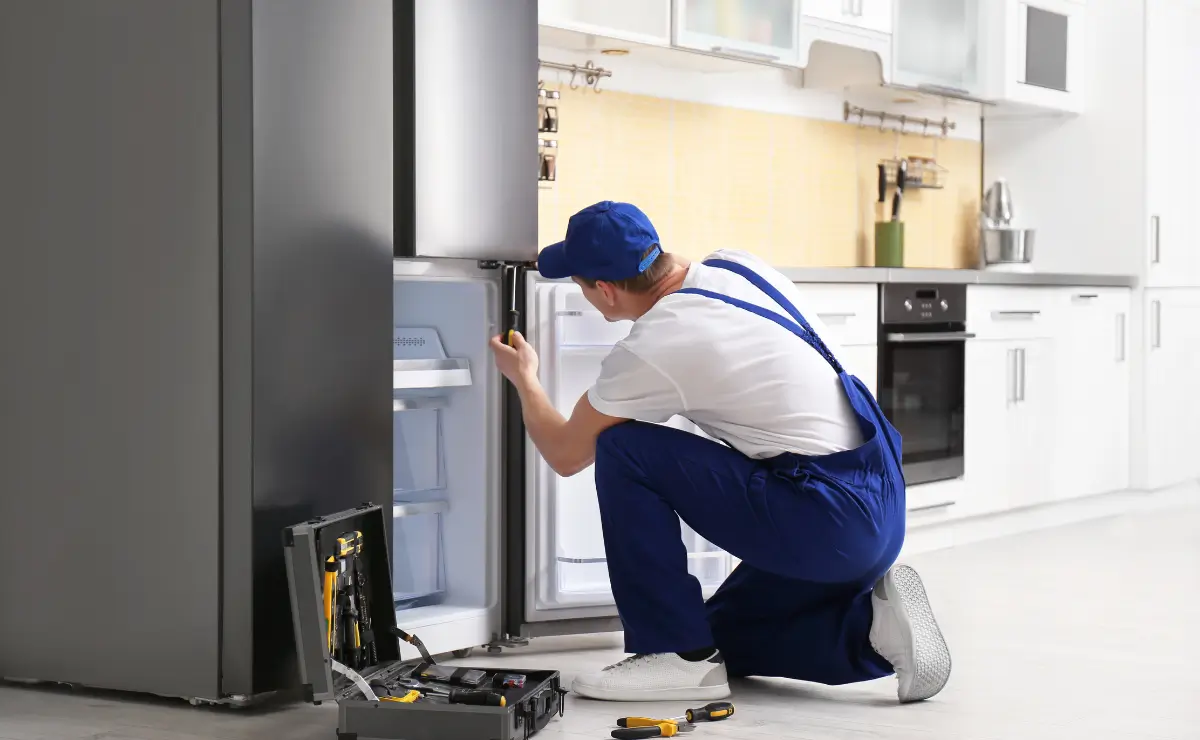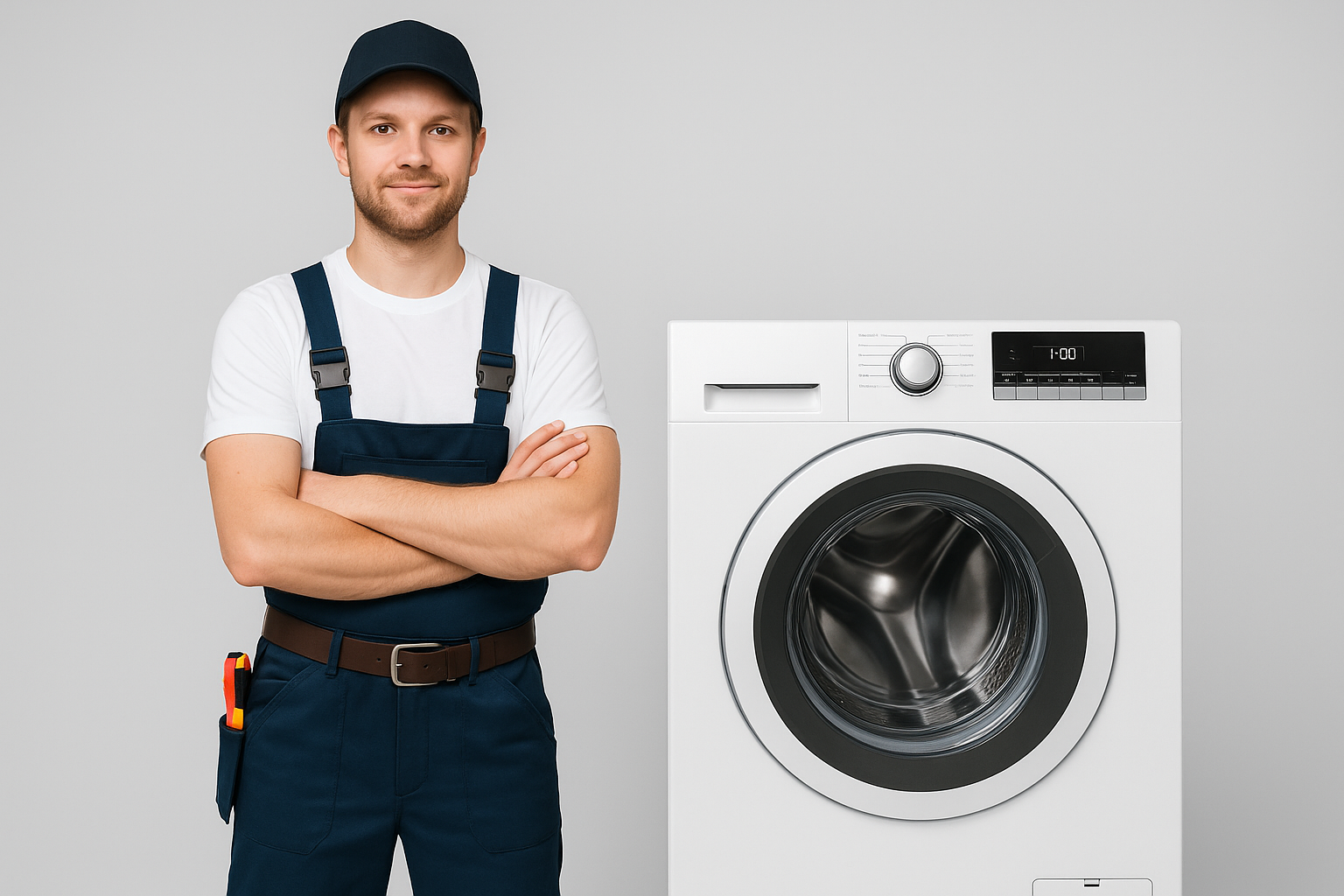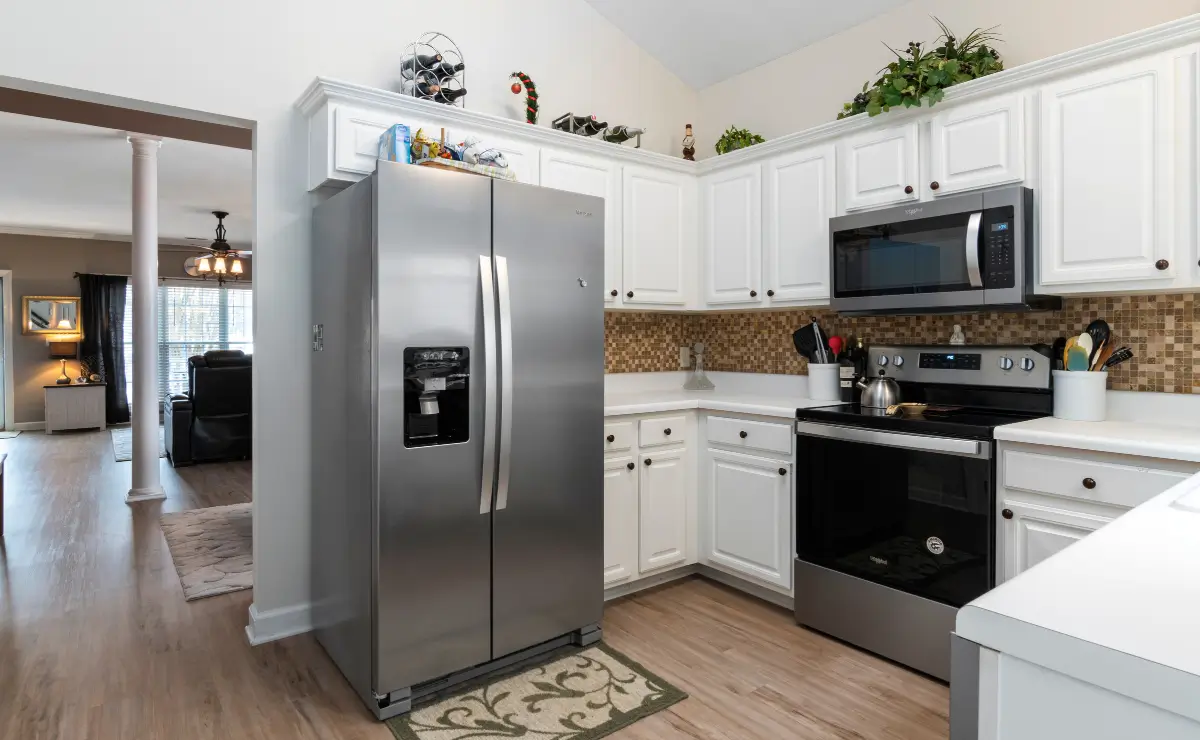Looking for washer repair in Waterloo? If your washing machine stops working, leaks water, or makes unusual noises, it can disrupt your daily routine....
What Are the Causes of Refrigerator Noise?
Refrigerators are household appliances that have become an integral part of our daily lives. Their continuous and trouble-free operation is extremely important for the safe storage of food products. In some cases, sounds coming from the refrigerator may cause concern for users. Although these sounds are sometimes related to the normal operation process, in certain cases they may be caused by technical malfunctions or user errors. The type, frequency, and source of the sound help determine the nature of the problem. We will now examine the technical and non-technical causes of refrigerator noise and explain in detail what to do when faced with these issues.
Technical Causes of Refrigerator Noise
The main sources of sounds coming from a refrigerator are usually technical malfunctions occurring in its main functional components. When components such as the compressor, fans, thermostat, and control board do not work properly, the device may produce abnormal sounds. These sounds may manifest as buzzing, loud vibrations, or knocking noises. If the sound becomes constant and increases in intensity, it is a sign of a technical issue. Let’s take a closer look at these technical causes.
Compressor Malfunction
A high or constant buzzing sound from the refrigerator is often related to a malfunctioning compressor. The compressor is the engine that plays a key role in the refrigerator system and ensures the circulation of freon. If there is a malfunction in this part, the device may start to consume more energy and produce noise. Sometimes, worn-out or aged compressor parts generate vibrations. In such cases, abnormal sounds begin to be heard from the refrigerator. When such a situation is observed, it is important to have the compressor inspected and undergo technical maintenance.
Condenser Fan Contamination or Failure
The condenser fan is located at the back of the refrigerator and provides air circulation to dissipate heat. When dust and dirt accumulate on the fan, it becomes difficult for it to spin, and as a result, it starts to make noise. If the fan fails completely, the noise may increase and turn into a loud rumble. If the fan blades are broken or bent, they may hit the wall or other parts while spinning, creating knocking or buzzing sounds. Such situations require repair or cleaning.
Evaporator Fan Icing or Damage
The evaporator fan, which ensures air circulation inside the refrigerator, plays an important role especially in freezer compartments. If ice accumulates around this fan, it may create friction sounds as it hits the surface while spinning. This situation usually arises from a malfunction in the defrost system or if the refrigerator door has been left open for an extended period. If the fan has difficulty spinning, the noise may become louder and abnormal. Damaged fan blades can also cause constant vibrations and disturbing sounds.
Thermostat or Control Board Malfunction
The thermostat and control board, which regulate the operating cycle of the refrigerator, ensure the synchronized functioning of system components. If either of these parts fails to send proper signals, the device may overwork or repeatedly turn on and off. During such times, clicking sounds, repeated startup noises, and intermittent buzzing may be observed. Additionally, technical faults in these components can cause the refrigerator to operate unstably and generate extra noise. When problems arise in the electronic parts, expert intervention is essential.
Other Factors Affecting Refrigerator Noise
Sounds from the refrigerator may not only stem from technical issues but also from simple usage-related reasons. The placement of the device, the arrangement of items inside, and the condition of the door mechanism can also influence this issue. Such situations can often be resolved by users through simple adjustments. Below, we will explain these factors to help identify the source of the problem.
Improper Placement of the Refrigerator
One of the main causes of noise is the refrigerator not being placed on a completely horizontal and stable surface. If the appliance’s legs are not balanced or there is a gap beneath it, the compressor’s operation can cause the unit to shake and vibrate. This leads to buzzing or rumbling from parts hitting the surface. To resolve the issue, it is necessary to check the stability of the surface and adjust the appliance’s legs.
Vibration of Shelves or Glass Items
If the glass shelves and plastic handles inside the refrigerator are not properly seated, they may knock against each other due to vibrations when the compressor starts. At such times, small but repetitive tapping sounds may be heard. If the shelves are firmly positioned and gaps are eliminated, these noises are minimized. Glass containers hitting one another can also produce the same effect.
Objects Inside Hitting Each Other
When containers, bottles, and other items placed inside the refrigerator are positioned too close to each other, sounds may occur due to vibrations while the appliance is operating. These sounds can sometimes be in the form of clinking or tapping. Leaving some space between the items and aligning them evenly can help prevent this problem. Proper arrangement also improves air circulation.
Door Not Fully Closing
A refrigerator door not closing completely can cause noise. When the door is not fully sealed, the internal fan operates continuously, and the spinning sound increases. In some cases, the door gasket may lose its elasticity, or objects may obstruct the door from closing properly, leading to this issue. Checking daily to ensure the door closes correctly can help reduce noise problems.





